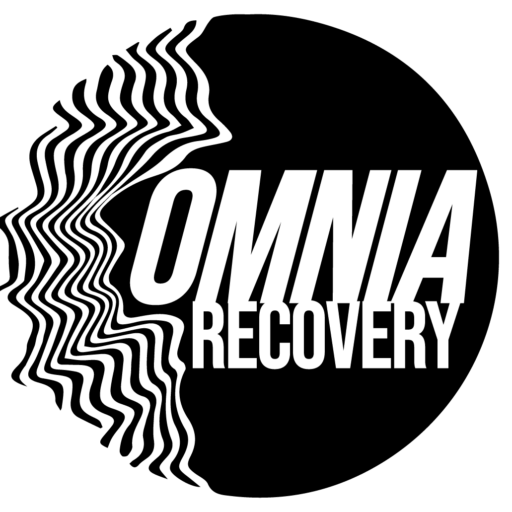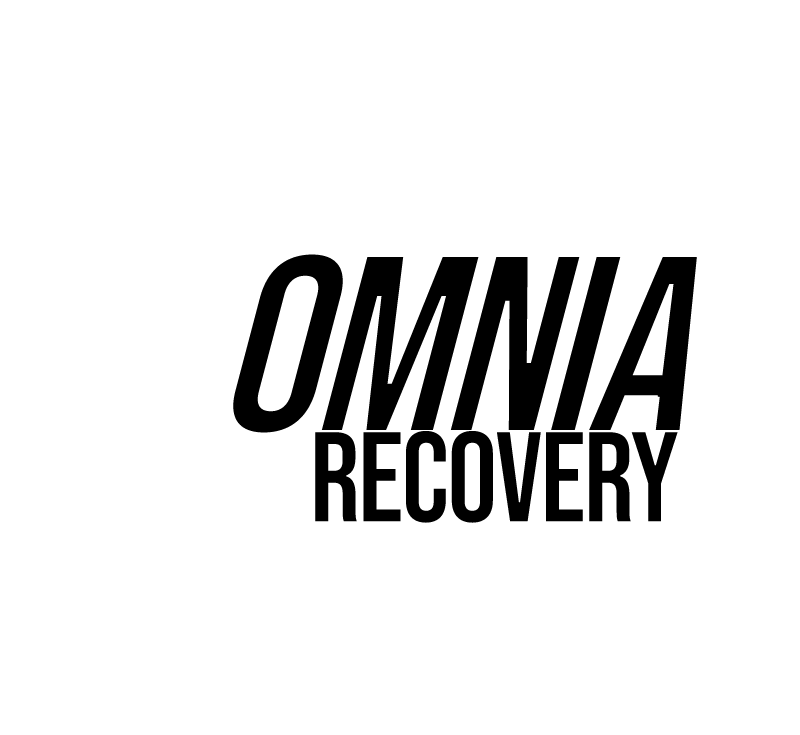In the realm of behavioral healthcare, the journey to recovery can be challenging, but the right treatment approach can make all the difference. One of the most effective ways to ensure successful outcomes is through evidence-based treatment (EBT). This approach relies on scientifically proven methods, ensuring that the care provided is both effective and tailored to the individual’s needs.
What Is Evidence-Based Treatment?
Evidence-based treatment refers to therapeutic interventions that have been rigorously tested and validated through clinical research. These treatments are grounded in empirical evidence, meaning they have been proven to work in real-world settings. EBTs are considered the gold standard in behavioral healthcare because they combine the best available research with clinical expertise and patient preferences, ensuring that individuals receive the most effective care possible.
Why Evidence-Based Treatment Matters
The use of evidence-based treatment is crucial in behavioral healthcare for several reasons:
- Effectiveness: EBTs have been scientifically proven to be effective in treating a wide range of behavioral health issues, including substance use disorders, depression, anxiety, and trauma. This means that individuals are more likely to experience positive outcomes and long-term recovery.
- Consistency: EBTs provide a standardized approach to treatment, which ensures consistency in care. This is especially important in a field where varying methods can lead to mixed results. With EBTs, there is a clear, research-backed process for addressing specific conditions.
- Personalization: Although EBTs are standardized, they are not one-size-fits-all. Treatment plans can be tailored to meet the unique needs of each individual, taking into account their specific circumstances, preferences, and goals.
- Accountability: Providers who use EBTs are held to a higher standard of care. They must stay informed about the latest research and continually refine their practices to align with the most current evidence.
Common Evidence-Based Treatment Options
There are several evidence-based treatment options available in behavioral healthcare, each designed to address specific issues and symptoms. Below are some of the most widely recognized and utilized EBTs.
Cognitive Behavioral Therapy (CBT)
- Overview: Cognitive Behavioral Therapy (CBT) is a widely used EBT that focuses on identifying and changing negative thought patterns and behaviors. It is based on the idea that our thoughts, feelings, and behaviors are interconnected, and by changing negative thoughts, we can influence our emotions and actions.
- Applications: CBT is effective in treating a range of conditions, including depression, anxiety, post-traumatic stress disorder (PTSD), and substance use disorders.
- Process: In CBT, individuals work with a therapist to identify distorted thinking patterns, challenge negative beliefs, and develop healthier ways of thinking and behaving. It often includes homework assignments and skill-building exercises.
Dialectical Behavior Therapy (DBT)
- Overview: Dialectical Behavior Therapy (DBT) is a form of CBT that was originally developed to treat borderline personality disorder but has since been adapted for other conditions. DBT focuses on helping individuals regulate their emotions, develop healthy relationships, and cope with stress.
- Applications: DBT is particularly effective for individuals who struggle with intense emotions, self-harm, and suicidal behaviors. It is also used to treat eating disorders and substance use disorders.
- Process: DBT combines individual therapy with group skills training sessions. It teaches four key skills: mindfulness, distress tolerance, emotional regulation, and interpersonal effectiveness.
Motivational Interviewing (MI)
- Overview: Motivational Interviewing (MI) is a client-centered counseling approach designed to enhance an individual’s motivation to change. It is particularly useful for individuals who may be ambivalent about making changes in their behavior.
- Applications: MI is commonly used in the treatment of substance use disorders but can also be applied to other areas where behavior change is needed, such as managing chronic illness or improving diet and exercise habits.
- Process: In MI, the therapist works collaboratively with the individual to explore their motivations for change, resolve ambivalence, and strengthen commitment to positive change. The approach is non-confrontational and respects the individual’s autonomy.
Trauma-Informed Care
- Overview: Trauma-Informed Care is not a specific therapy but an approach that recognizes and responds to the impact of trauma on an individual’s life. TIC is based on the understanding that trauma can have a profound effect on behavior and mental health.
- Applications: TIC is essential in treating individuals with a history of trauma, including those with PTSD, substance use disorders, and other mental health conditions.
- Process: TIC involves creating a safe, supportive environment that avoids re-traumatization. It often includes the use of other EBTs, such as CBT or EMDR (Eye Movement Desensitization and Reprocessing), that are specifically tailored to address trauma.
Medication-Assisted Treatment (MAT)
- Overview: Medication-Assisted Treatment (MAT) combines the use of FDA-approved medications with behavioral therapies to treat substance use disorders, particularly opioid and alcohol use disorders.
- Applications: MAT is effective in reducing cravings, preventing relapse, and supporting long-term recovery for individuals with substance use disorders.
- Process: MAT is tailored to the individual’s needs, with medications such as methadone, buprenorphine, or naltrexone being used in combination with counseling and behavioral therapies. The goal is to provide a comprehensive approach that addresses both the physical and psychological aspects of addiction.
The Role of Comprehensive Care
While each of these evidence-based treatments is effective on its own, the best outcomes are often achieved through a combination of therapies that address the individual’s needs holistically. Comprehensive care may involve a mix of individual therapy, group therapy, family counseling, medication management, and support groups, all tailored to the unique circumstances of the individual.
At Omnia Recovery, we understand that no two people are the same, and therefore, no single treatment approach will work for everyone. Our team is dedicated to providing personalized care that combines the most effective evidence-based treatments to help our clients achieve lasting recovery.
Finding Evidence-Based Treatment Near You
Evidence-based treatment options are the cornerstone of effective behavioral healthcare. By relying on scientifically validated methods, individuals can trust that they are receiving the highest standard of care, tailored to their unique needs and circumstances. Whether you or a loved one is struggling with a mental health condition, substance use disorder, or the effects of trauma, evidence-based treatment offers a proven path to recovery.
At Omnia Recovery, we are committed to using evidence-based practices to provide compassionate, effective care. Our comprehensive treatment programs are designed to empower individuals to take control of their lives and achieve lasting well-being. If you or someone you know is in need of support, reach out to us today to learn more about our evidence-based treatment options and how we can help you on your journey to recovery.




